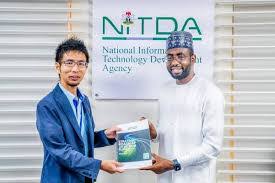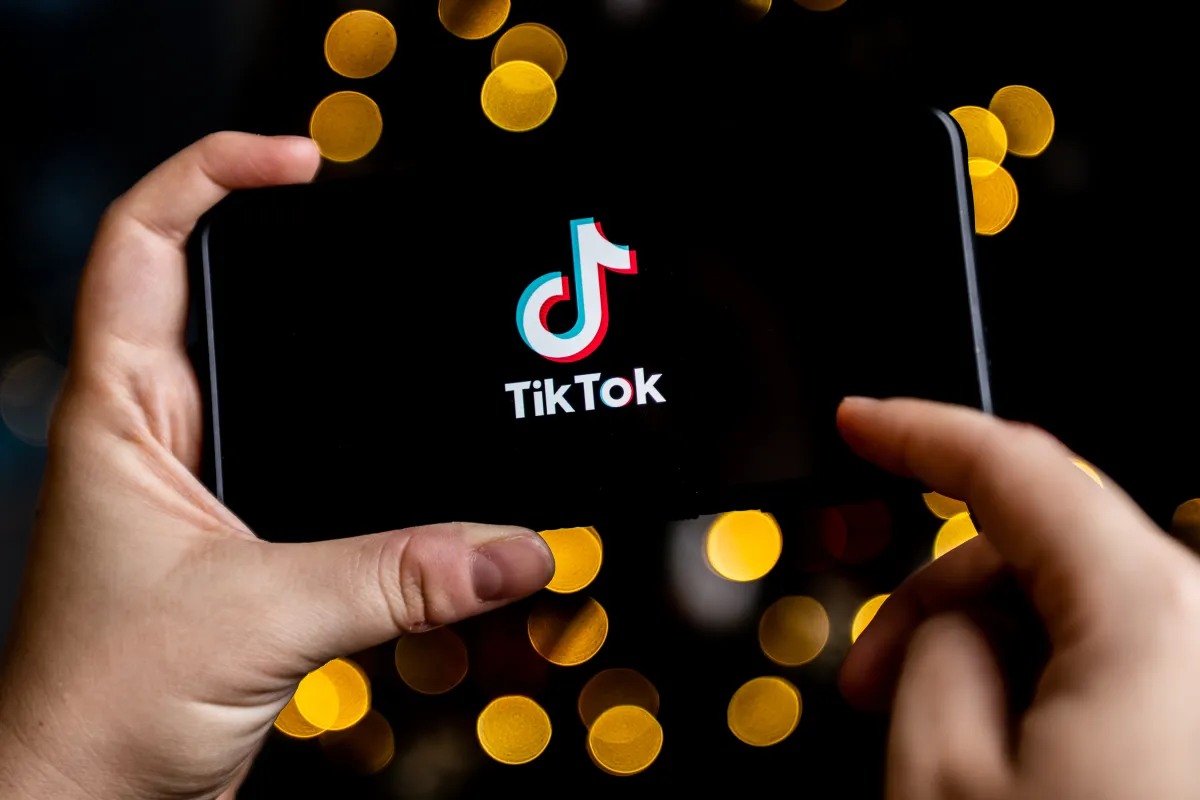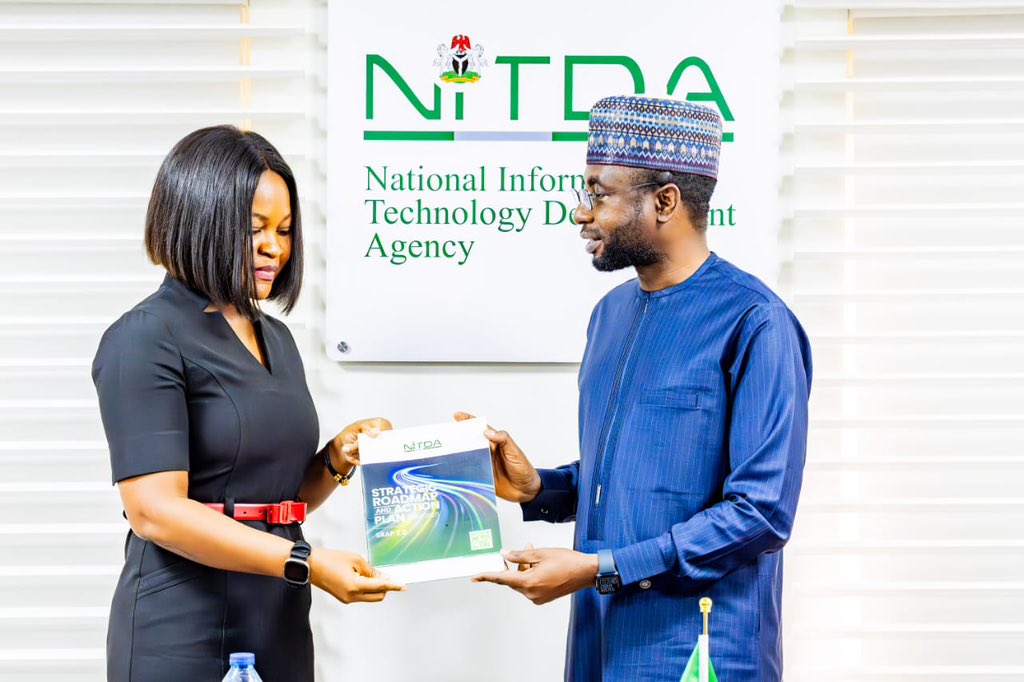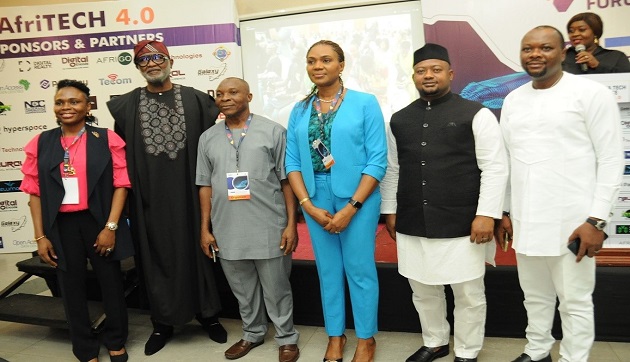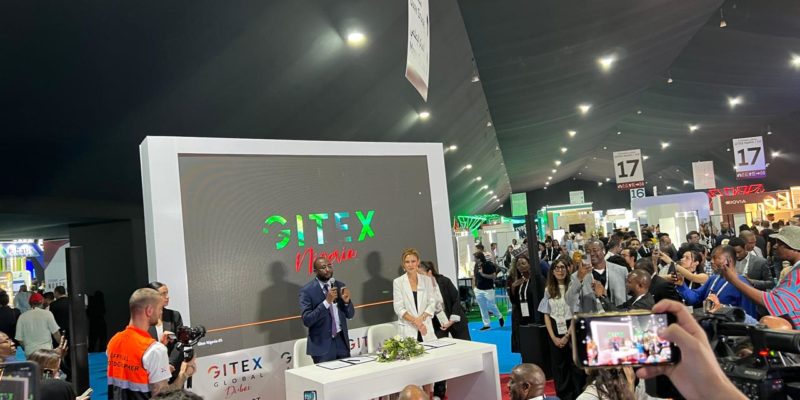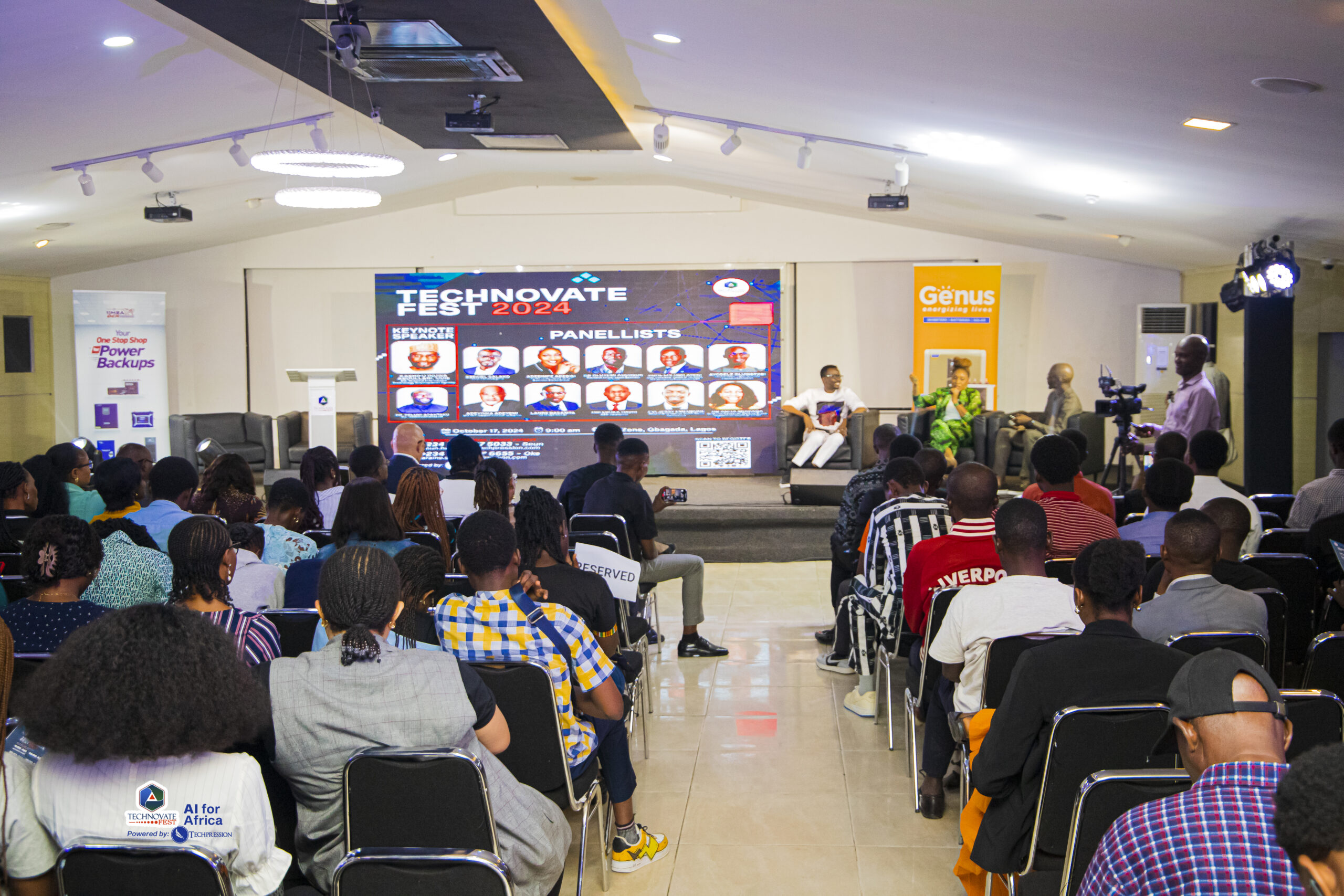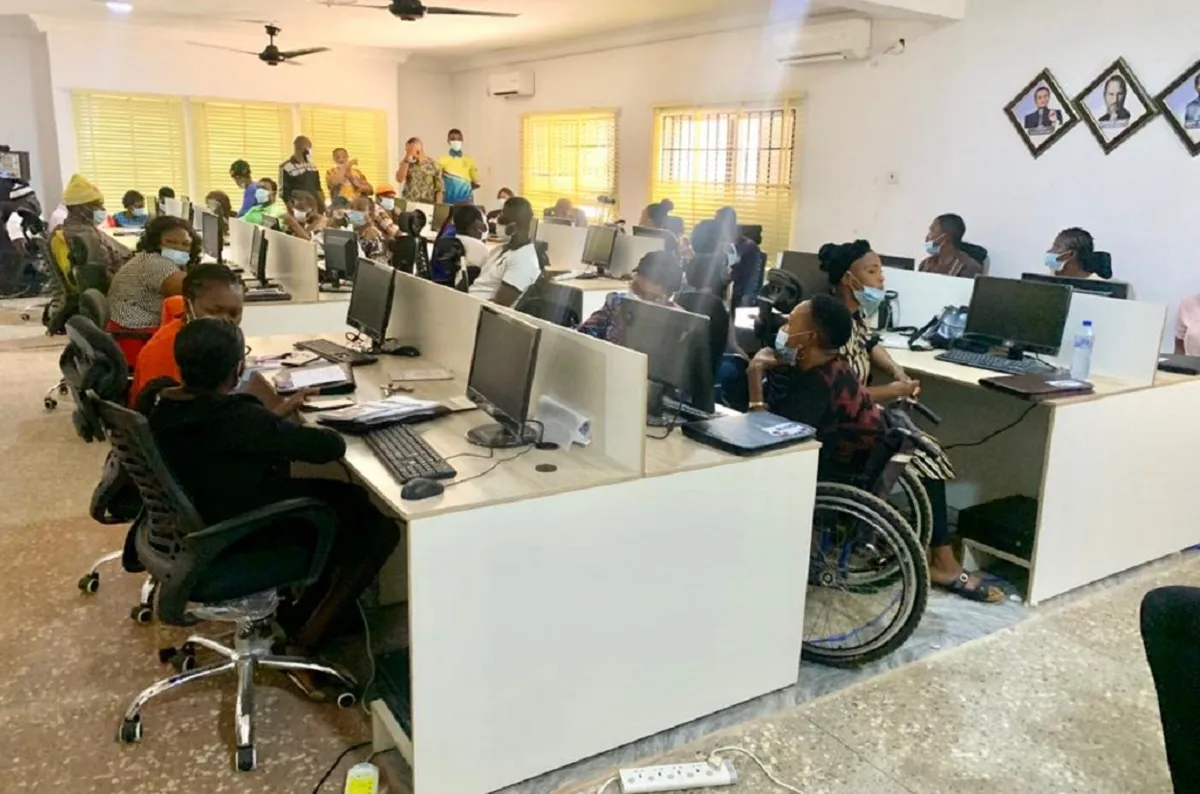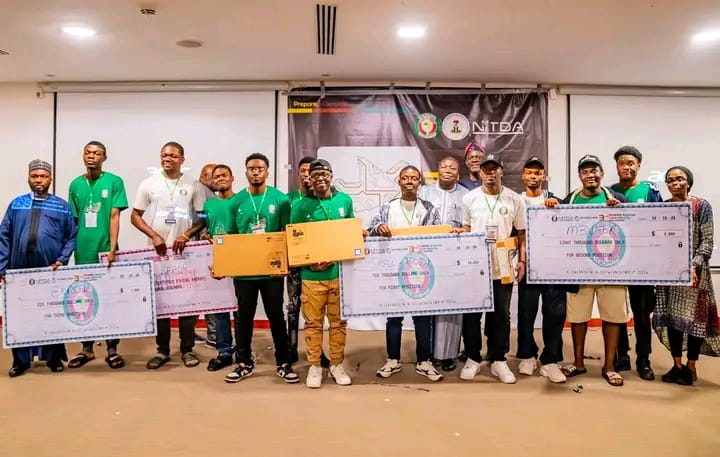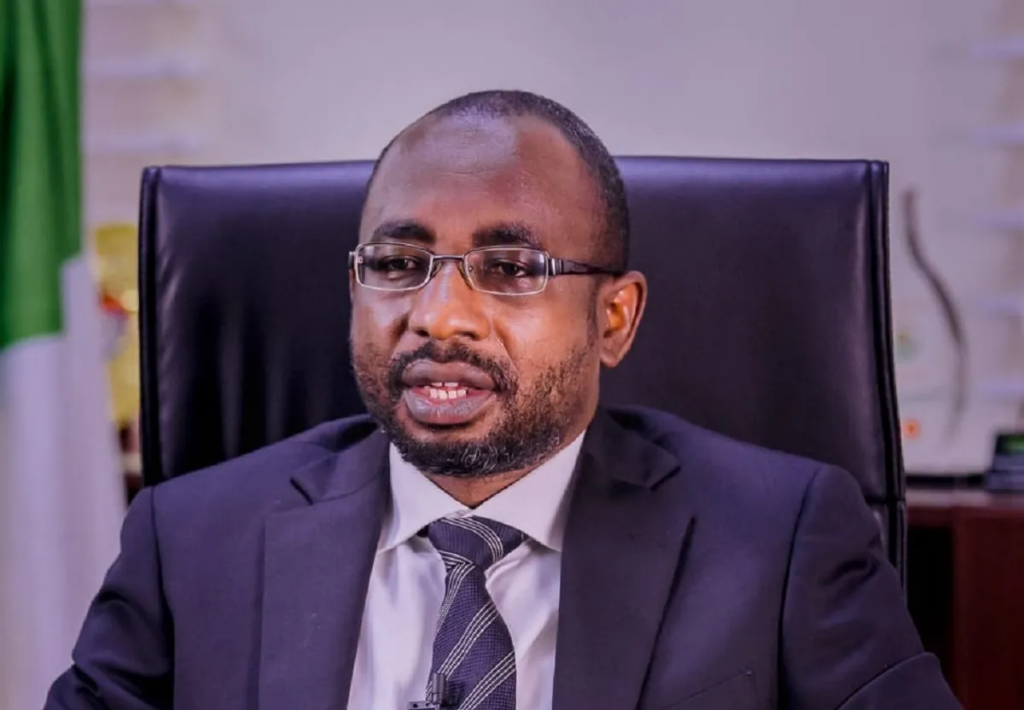Nigeria’s startup landscape is exciting as the National Information Technology Development Agency (NITDA) and the Japan International Cooperation Agency (JICA) announced the launch of iHatch Cohort 4 on Sunday.
This initiative aims to empower innovators and entrepreneurs nationwide, providing them with essential resources and training to transform their ideas into successful businesses.
Read also: DSN partners NITDA, TikTok to promote safety for kids
iHatch 4: Nurturing Nigerian innovation
iHatch Cohort 4 is designed to support 185 startups and 37 innovation hubs throughout Nigeria. The program will run from October 2024 until January 2025 and will offer tailored training, mentorship, and investment readiness programs.
According to NITDA’s national coordinator, “iHatch Cohort 4 will empower innovators with knowledge and resources to turn ideas into impactful businesses”. This commitment reflects a broader goal of fostering innovation and entrepreneurship in Nigeria’s dynamic market.
The initiative is particularly timely as Nigeria continues to face economic challenges. By focusing on startups, iHatch aims to stimulate job creation and economic growth. Participants will benefit from workshops that cover various aspects of business development, including technology integration, marketing strategies, and financial management. This comprehensive approach ensures that startups are equipped with theoretical knowledge and practical skills that can be applied in real-world scenarios.
Global expertise fuels Nigerian innovation
The collaboration between NITDA and JICA highlights the importance of international partnerships in driving local innovation. JICA’s involvement brings a wealth of experience in supporting startups globally, which will be invaluable for Nigerian entrepreneurs. The program is expected to create a vibrant ecosystem where startups can thrive through shared knowledge and resources.
As Umar, a representative from NITDA, noted, “This program is a significant step towards nurturing the next generation of innovators in Nigeria”. Focusing on innovation hubs is also crucial, as these centres are incubators for new ideas and technologies. By supporting these hubs, iHatch Cohort 4 aims to create a collaboration network among startups, fostering an environment where creativity can flourish.
Launching iHatch Cohort 4 is not just about economic growth; it represents a shift in how Nigeria views its innovation potential. With the proper support and resources, local entrepreneurs can compete globally. The initiative encourages young innovators to dream big and gives them the tools they need to succeed.
Read also: AfriTECH 4.0: Blockchain and AI key to Africa’s digital future, says NITDA DG
Applications now open
Applications are now open for both startups and innovation hubs.
The iHatch Cohort 4 program is a hope for Nigeria’s startup ecosystem.
Through training and mentoring, NITDA and JICA are preparing innovators for success. It would be intriguing to see how these entrepreneurs use their newfound expertise to boost Nigeria’s economy in the following months.
Interested applicants can apply via the official iHatch website.
